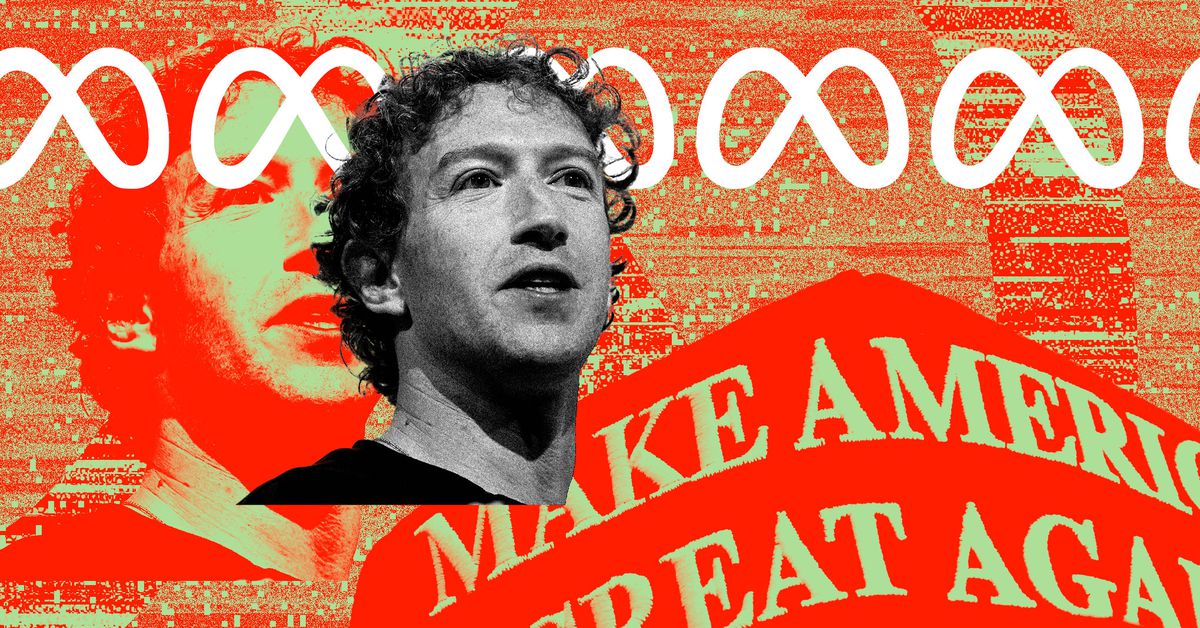As nations across the globe grapple with the complexities of online speech regulation, it becomes increasingly clear that a fragmented landscape is emerging. With varying strategies and policies being implemented, the challenge of maintaining a unified approach to regulating online discourse is daunting. Insights from Meta and other tech giants shed light on the implications of these regulations for free speech and the operational frameworks of digital platforms worldwide.
The Necessity of Online Speech Regulation
In an age where the internet serves as a primary communication channel, the need for regulation is driven by several factors:
- Protecting Users: Online platforms can be breeding grounds for hate speech, misinformation, and harassment. Regulations aim to create safer environments.
- Ensuring Accountability: With the power of speech comes responsibility. Regulations help hold individuals and entities accountable for harmful content.
- Upholding Democratic Values: Governments seek to promote healthy discourse while curbing the spread of extremism and false information.
However, the implementation of these regulations varies widely, leading to a patchwork of policies that often conflict with one another. This fragmentation raises questions about the future of free speech and the role of technology companies in mediating online discourse.
Global Variations in Online Speech Regulation
Countries across the globe approach online speech regulation in diverse ways, reflecting their unique cultural, legal, and political contexts. Here are some notable examples:
- United States: The First Amendment protects free speech vigorously, leading to a relatively hands-off approach by the government. However, social media companies enforce their own community standards, which can lead to accusations of censorship.
- European Union: With the Digital Services Act, the EU is taking a more proactive stance on regulating online content. The legislation aims to hold platforms accountable for illegal content, emphasizing transparency and user rights.
- China: The Chinese government employs strict controls over online speech, utilizing censorship to maintain social stability and control public discourse. The Great Firewall exemplifies this approach, limiting access to foreign platforms and information.
- India: Recent laws have sparked debate over the balance between regulating harmful speech and preserving free expression. The rules require platforms to remove content deemed unlawful, raising concerns about potential overreach.
These examples illustrate a crucial point: what constitutes acceptable speech varies not just from country to country but often within regions of a single nation.
Meta’s Insights: Challenges in a Fragmented Regulatory Environment
Meta, the parent company of Facebook and Instagram, has been vocal about the challenges posed by this fragmented regulatory environment. The company’s latest insights highlight several key issues:
- Compliance Costs: Navigating differing regulations incurs significant costs, as platforms must invest in legal expertise and compliance mechanisms tailored to specific jurisdictions.
- Content Moderation Challenges: The need for consistent content moderation policies is complicated by varying legal definitions and community standards across countries.
- Impact on Innovation: Excessive regulation can stifle innovation by discouraging the development of new platforms and services that could enhance user experience.
Meta’s experience underscores the importance of creating a dialogue between governments and tech companies to foster an environment where free speech can thrive while addressing concerns about harmful content.
The Implications for Free Speech
As nations adopt varying strategies for regulating online discourse, the implications for free speech are profound. Here are several key considerations:
- Chilling Effects: Overly broad regulations can lead to self-censorship among users who fear repercussions for expressing their opinions.
- Unequal Access to Platforms: Users in heavily regulated environments may find their access to information limited compared to those in more permissive regions.
- Rise of Alternative Platforms: As traditional platforms navigate these regulations, users may migrate to alternative sites that promise less oversight, potentially leading to echo chambers.
To mitigate these risks, a balanced approach to regulation is necessary—one that safeguards free expression while addressing the legitimate concerns associated with harmful online content.
Strategies for Harmonizing Global Online Speech Regulation
To tackle the fragmented landscape of online speech regulation, several strategies can be considered:
- International Collaboration: Countries should engage in dialogue to establish a framework for regulating online speech that respects cultural differences while promoting shared values.
- Stakeholder Engagement: Involving tech companies, civil society, and legal experts in regulatory discussions can lead to more comprehensive and effective policies.
- Focus on Education: Empowering users through digital literacy programs can help them navigate online spaces more effectively, reducing the impact of harmful content.
By pursuing these strategies, governments can work towards a more coherent regulatory framework that enhances user safety without undermining the foundational principle of free speech.
The Future of Online Speech Regulation
As we look to the future, it’s clear that the landscape of online speech regulation will continue to evolve. The interplay between national sovereignty, cultural values, and technological innovation will shape how societies address the challenges posed by online discourse.
Ultimately, the goal should be to foster an online environment that encourages healthy debate, protects users, and upholds the principles of free expression. Achieving this balance will require ongoing dialogue, adaptability, and a commitment to finding solutions that respect both individual rights and societal needs.
In conclusion, navigating the fragmented landscape of global online speech regulation is no small feat. Yet, with collaborative efforts and a focus on shared values, we can aspire towards a future where free speech and online safety coexist harmoniously, benefiting users across the globe.
See more Future Tech Daily

